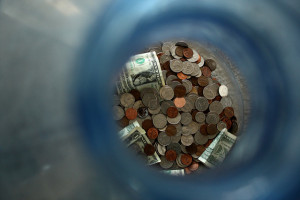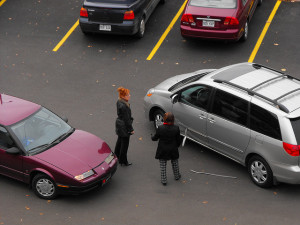By Christine Connally Does your au pair have to do a last minute supermarket run to buy milk; is she taking the kids to the zoo and needs to buy everyone’s lunch or pay for the carousel ride? Whether you use a cookie jar with random spare cash, a petty cash box with a set amount per week or give your her a credit or debit card while requesting receipts, it is important that you have a conversation about how to handle miscellaneous expenses as soon as your au pair arrives. This allows you to set the ground rules for what the money is and is not to be used for, etc. and will avoid money-related misunderstandings early on.
Host Families
- It’s important to be clear about how long the money should last and what types of expenses are approved.
- Let the au pair know whether or not you expect receipts.
- Clarify any instances of perceived misuse or misunderstandings during your weekly meetings. Do not allow it to fester.
Au Pairs
- Only spend the money on pre-approved expenses.
- If there is a type of expense that you are not sure about, ask first.
- Put your receipts in the cookie jar on the same day the expense occurs to avoid any confusion.
- Clarify any misunderstandings during your weekly meeting. Do not allow it to fester.
Gas and Fare Cards
Host families are responsible for the au pair’s transportation costs:
- to and from classes and cluster meetings
- driving the kids
It is a good idea to determine how much gas an au pair will use for these trips and either put gas in the car or give a gas allowance. If your au pair is riding to classes or cluster meetings with another au pair, you should offer to share the cost of gas.
Au pairs are responsible for their own transportation when they are off duty. Au pairs should replace the amount of gas used for personal use.


